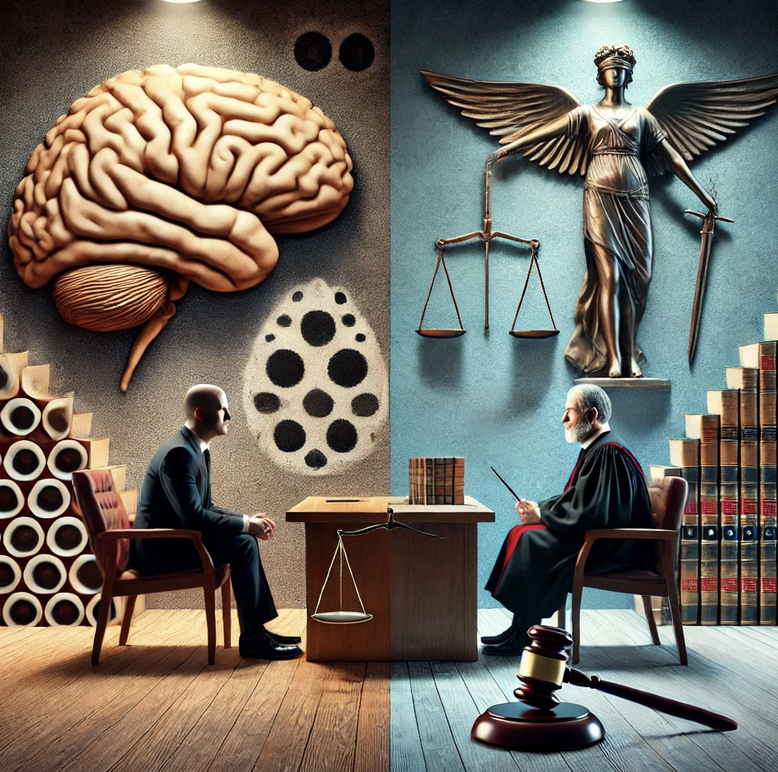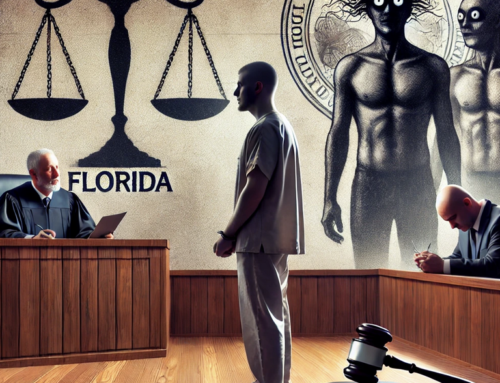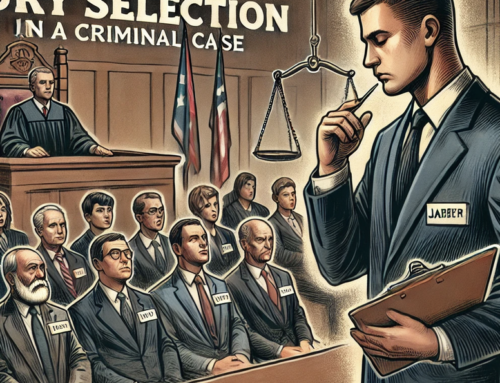Psychology & Law
Out of the need to resolve disagreements, laws are created and implemented by people. For the most part, laws can be seen as a reflection of the values of the majority in a society. Laws are created, changed, or thrown away because as time passes, the values of a society also change. What is acceptable today may be unacceptable in the future; as values change, so do the laws governing the people. For example, spousal rape, which is when a married man forces his wife to have sex even if she did not want to, was largely ignored by society. Time passed, values changed, and as of today every state in the U.S. has implemented laws protecting women from this behavior.
You could probe the minds of an attorney, a law enforcement officer, a psychologist, and a judge, about how they know something is true or valid, and what would be needed to come to that conclusion, and they would all give different answers; neither are necessarily incorrect, but chances are based on their own perspective, they will all give you different answers.
A psychologist will most likely say objectively measurable data that has reliability and replicability is the only way to show something to be true. For someone in law enforcement, personal life experience and their own subjective observation are more often used to determine what is true and what is false. Investigating a case involves deductive and inductive reasoning, and so more weight is given to “gut feelings”. It is not unheard of for police to hire psychics to aid them in solving a case.
Psychologists would not consider the use of psychics to be reliable or replicable. Lawyers and judges often rely on their own life experience or subjective opinions. For example, in Schall v Martin, the majority opinion of the Supreme Court pretty much stated that judges are able to predict behavior, even with conflicting empirical research claiming otherwise. Truth may even be considered irrelevant when in trial; resolving a conflict is more important. Stare decisis is a principle in law giving heavy weight to legal precedents, also known as case law; this is in conflict with the progressive nature of empirical psychological research. A psychologist gladly welcomes new data, even if it is in direct disagreement with previous “case law” research, while it is much less common to see an appeal court decision conflict with previous decisions.
These conflicting “values” are part of the reason why forensic psychologists don’t have as much authority in the legal system as they probably should. The legal system is “black and white”, while psychology is full of gray areas. You will never hear a psychologist say, “This causes that”; instead they will say it is highly likely “this causes that”, leaving room for the chance that “this doesn’t cause that”.
A Brandeis brief, reviews empirical evidence and similar types of data instead of focusing on past case law or current statutes. These briefs are relevant to the case, but are often times ignored based on the subjective opinion of a judge. Unfortunately, this is usually at the expense of the defendant.
Legal Terms
Stare decisis: To abide or adhere to decided cases. It is a general maxim that when a point has been settled by decision, it forms a precedent which is not afterwards to be departed from. The doctrine of stare decisis is not always to be relied upon, for the courts find it necessary to overrule cases which have been hastily decided, or contrary to principle.
Brandeis Brief: A brief, usually an appellate brief, that utilizes economic, sociological, or other scientific and statistical evidence in addition to legal principle when presenting arguments in a case. Named after Louis D. Brandeis, who filed such a brief with the United States Supreme Court in Muller v. Oregon (1908) during his successful defense of a state law limiting the maximum workday of female laundry workers.








